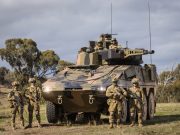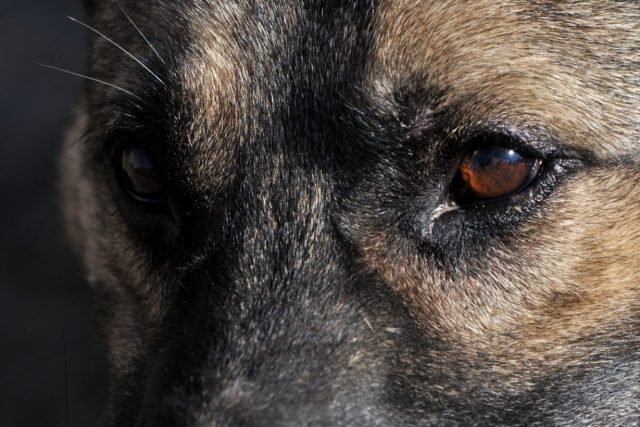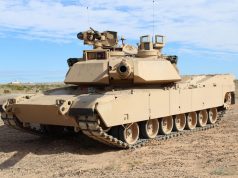Animal rights organization PETA is arguing that the US Army has “quietly reversed” a ban on shooting animals during weapons trials.
The organization says it has filed an appeal with the US Army requesting the release of public information on weapons testing that inflicts wounds on dogs, cats, monkeys, and/or marine mammals.
The military branch confirmed to the group that at least one such study protocol existed yet refused to release it, claiming that it’s “classified … ‘in the interest of national defense or foreign policy.'” PETA also sent a letter to Secretary of the Army Christine Wormuth urging her to reinstate the ban on such tests.
In 1983, PETA successfully campaigned to shut down a US Department of Defense “wound lab” in which dogs, goats, and other animals were shot with high-powered weapons in order to inflict injuries, resulting in the first-ever permanent ban on the shooting of dogs and cats in wound labs, which was issued by then–Secretary of Defense Caspar Weinberger.
In 2005, the Army issued Regulation 40-33, which prohibited the use of dogs, cats, nonhuman primates, and marine mammals in “research conducted for development of biological, chemical, or nuclear weapons.” Yet in 2020, the Army issued a memorandum that apparently reversed its position by permitting “the purchase or use of dogs, cats, nonhuman primates, or marine mammals to inflict wounds upon using a weapon for the purpose of conducting medical research, development, testing, or evaluation.”
The Army denied PETA’s March 18, 2022, Freedom of Information Act (FOIA) request for photos, videos, and other documentation relating to experiments approved by the US Army Medical Research and Development Command (USAMRDC) Animal Care and Use Review Office “that involve the use of a weapon … to inflict wounds” on such animal species.
PETA said a redacted version of the requested information should have been provided, as the organization believes is legally required. USAMRDC initially stated that it possessed “in excess of 2,000 pages” of records responsive to PETA’s FOIA request before backtracking and claiming that it has “only one protocol that meets the criteria of the request,” which is prohibited from release due to national or foreign security concerns.
“Taxpayers deserve to know what the US Army is hiding by refusing to release details of its horrific weapon wounding experiments on animals,” says PETA vice president Shalin Gala. “PETA is demanding that the Army ban weapon wounding tests on dogs, cats, monkeys, and marine mammals and release all non-sensitive information about these tests that it marked as ‘classified’—a designation that speaks volumes about what animals likely endure in the Army’s secret torture labs.”



























